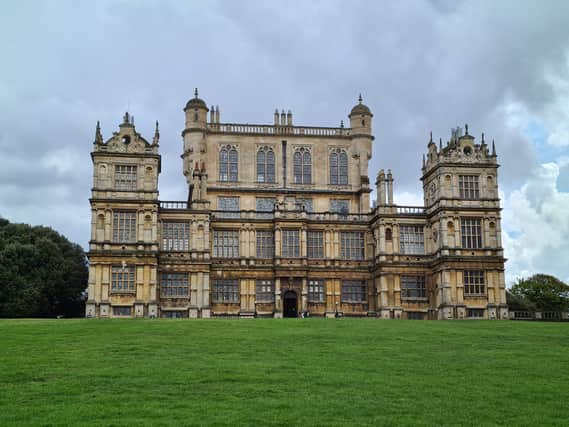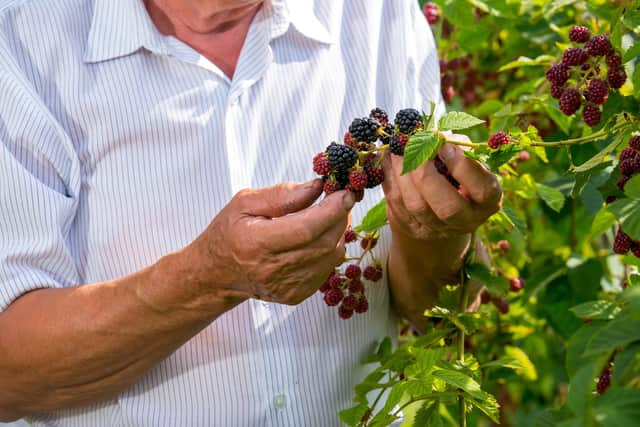Nottingham's Wollaton Park bans people hunting for wild food as 'excessive foraging' takes food from deer


This article contains affiliate links. We may earn a small commission on items purchased through this article, but that does not affect our editorial judgement.
While foraging for wild food including flowers, mushrooms, and fruit has become increasingly popular in recent years, one UK park has taken drastic measures to stop it from taking place. And that's because the food leaving the park is a precious resource for an important resident.
At Wollaton Park in Nottingham, the law is being broken as commercial foragers are collecting large quantities of wild food to sell. And the result has been a major threat to wildlife, including deer. In the UK, it is largely legal to pick food growing wild for personal consumption as long as you have the landowner's permission on private property and you don't pick an endangered species.
Advertisement
Hide AdAdvertisement
Hide AdBut at the historic Nottingham park, home to Wollaton Hall, "excessive foraging" by some has forced authorities to also ban those who do it merely as a hobby. The park's vital food source of chestnuts, eaten by its substantial deer population, is the biggest concern - along with the damage being done to trees to knock the chestnuts off.


Some visitors to the attraction have been foraging for commercial gain, which is illegal, by “collecting trolleys and carrier bags of chestnuts”, park bosses said.
Foraging is the act of gathering wild food for free and can include nuts, plants and fungi. Lucy Buckle, known as the Nottingham Forager, said it was an “emotional farewell” to one of her favourite foraging spots.
“Visitors have been gathering wild food here without issue up until recently,” she added and urged other foragers to be safe, sustainable and legal. New “no foraging allowed” signs have been placed around the park, prohibiting visitors from collecting chestnuts and other wild food.
Advertisement
Hide AdAdvertisement
Hide AdIn a social media post, the park said chestnuts are a “vital” food source for deer during the rutting season and throughout the winter months. Visitors have also been seen picking fungi, which play a “key role” in recycling nutrients and providing food to other natural organisms, the park added.
Rangers also said branches of mature trees had been damaged due to people trying to knock off the chestnuts. It is not clear how the ban will be enforced, but rangers and volunteers will be “educating the public”, the park bosses said.
Comment Guidelines
National World encourages reader discussion on our stories. User feedback, insights and back-and-forth exchanges add a rich layer of context to reporting. Please review our Community Guidelines before commenting.
